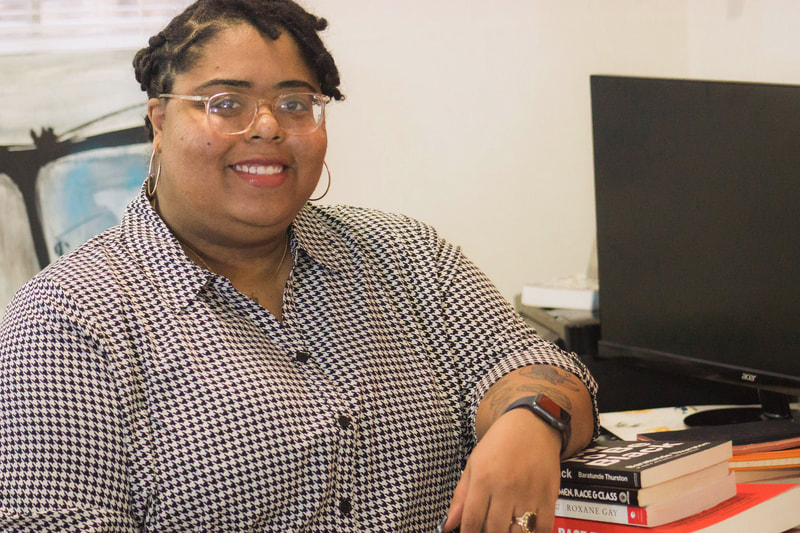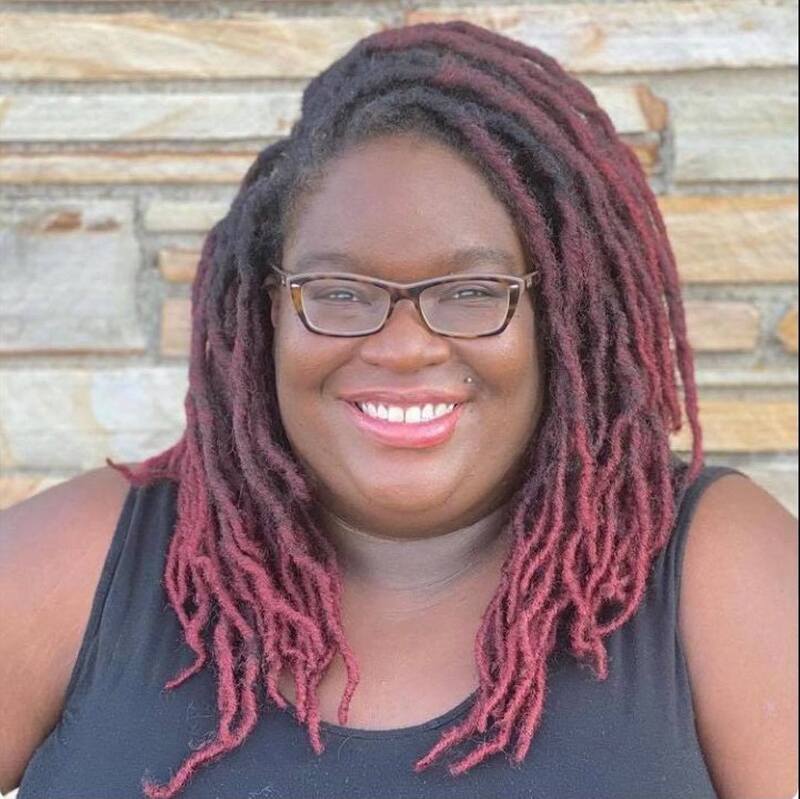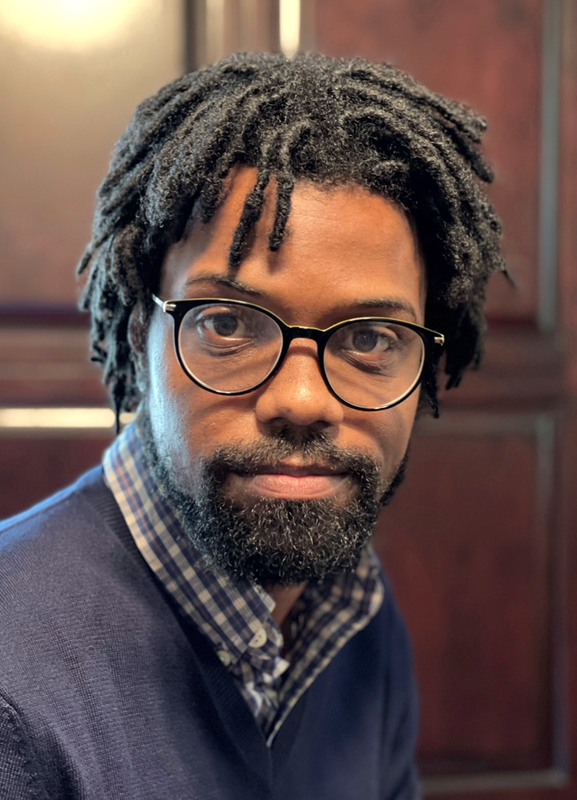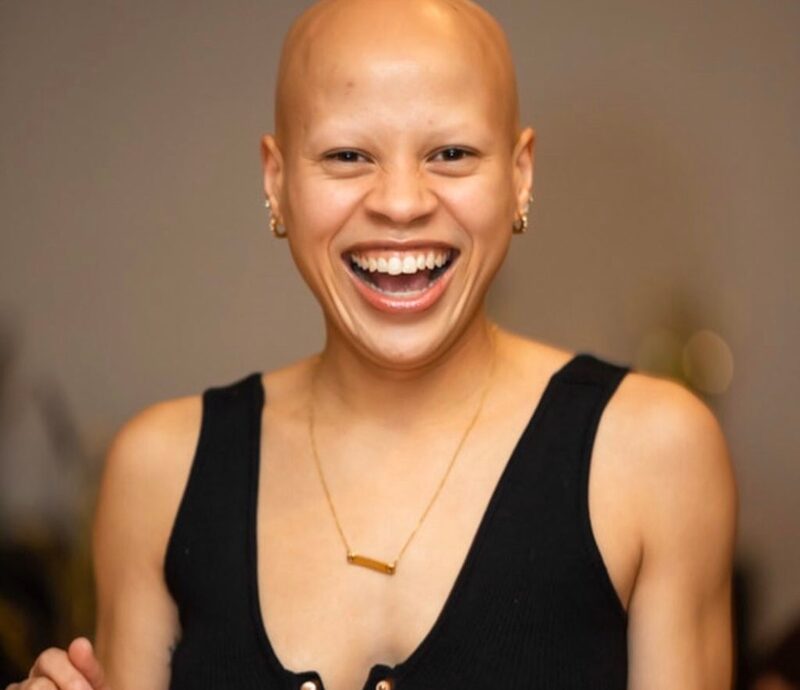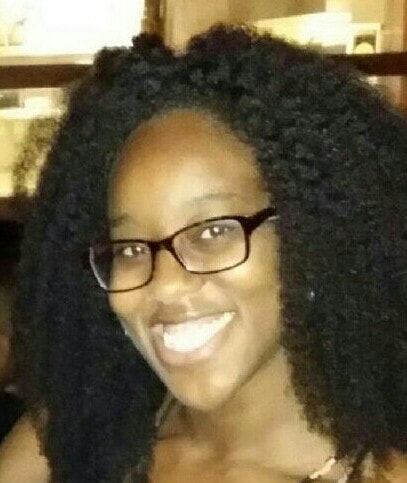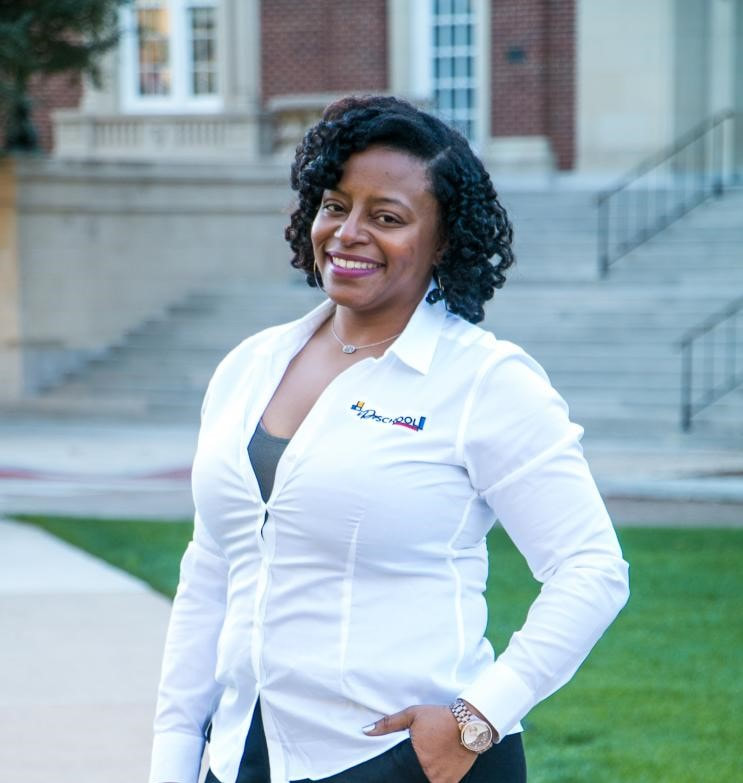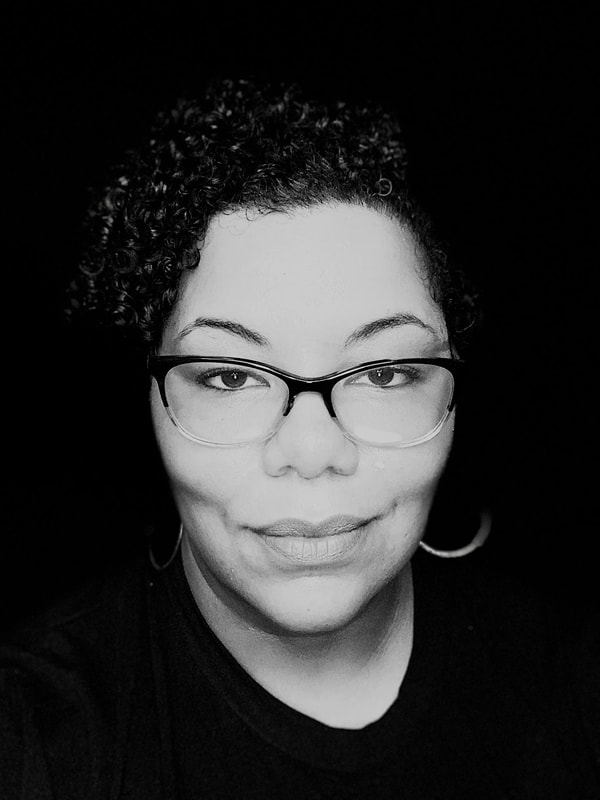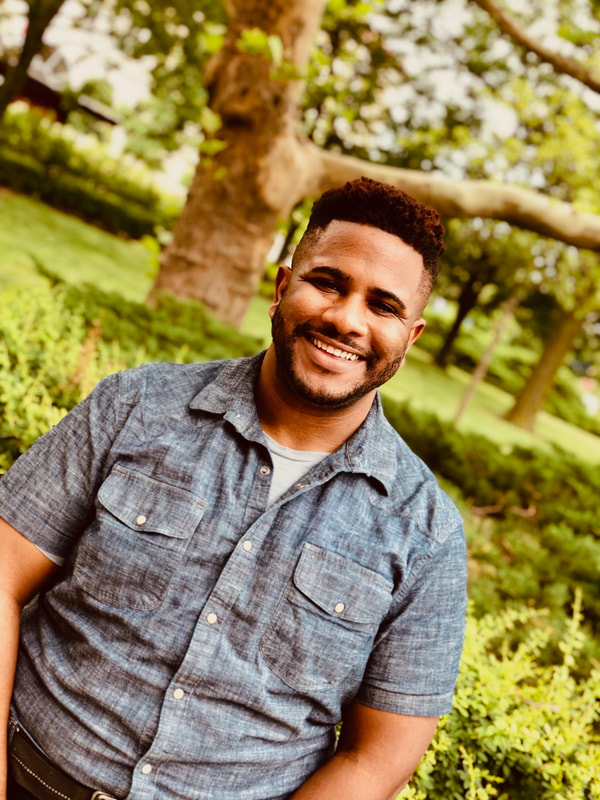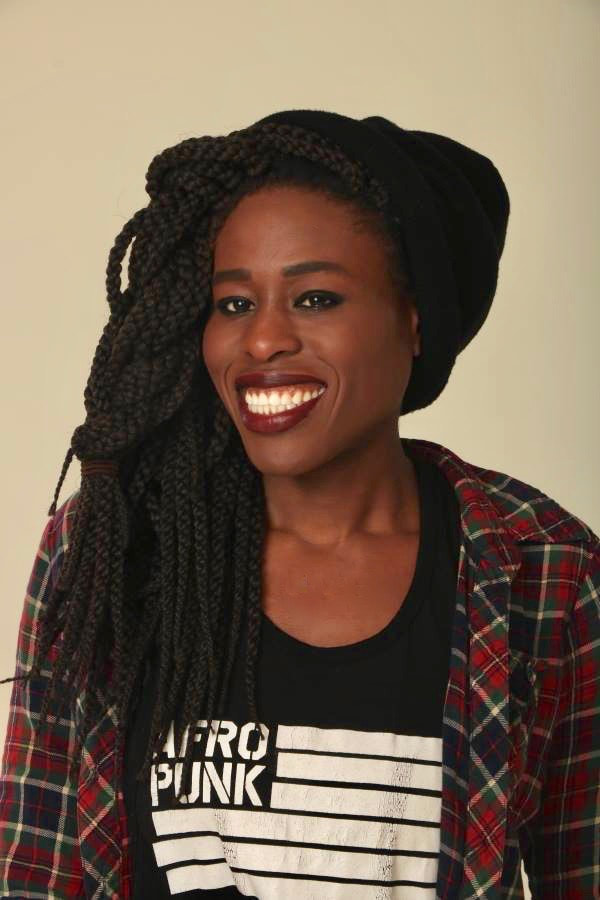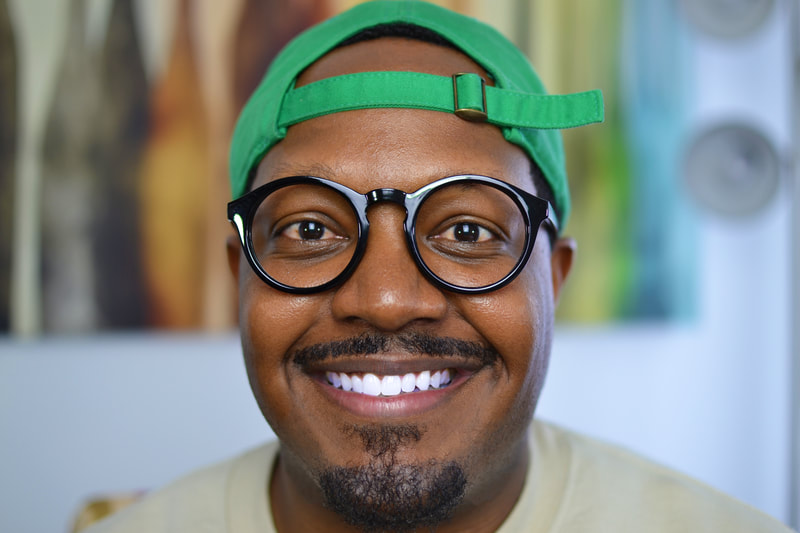Pedagogue + DBLAC
In 2021, Pedagogue and DBLAC (Digital Black Lit and Composition) collaborated on a miniseries that amplifies the pedagogies, practices, writings, and lived-experiences of Black-identified graduate students. Each episode is a conversation designed to uplift and celebrate Black teachers-scholars-students-activists.
Contributors:
KáLyn Banks Coghill, Virginia Commonwealth University
Charlesia McKinney, University of Kansas
James Eubanks, University of Alabama
Ariana Brazier, University of Pittsburgh
Benesemon Simmons, Syracuse University
Melanie Davis-Sanchez, Texas A&M University-Commerce
Veronica Joyner, George Mason University
Christopher Peace, University of Kansas
Nkenna Onwuzuruoha, University of Utah
Kenneth L. Johnson, II, Florida State University
Contributors:
KáLyn Banks Coghill, Virginia Commonwealth University
Charlesia McKinney, University of Kansas
James Eubanks, University of Alabama
Ariana Brazier, University of Pittsburgh
Benesemon Simmons, Syracuse University
Melanie Davis-Sanchez, Texas A&M University-Commerce
Veronica Joyner, George Mason University
Christopher Peace, University of Kansas
Nkenna Onwuzuruoha, University of Utah
Kenneth L. Johnson, II, Florida State University
No. 1
KáLyn Banks Coghill
KáLyn Banks Coghill
In this episode, KáLyn Banks Coghill talks about her origin story and teaching practices, being mentored by Black women, Hoodrat Scholarship, digital violence against Black women, and how the academy can support Black teachers, scholars, and students.
No. 2
Charlesia McKinney
Charlesia McKinney
In this episode, Charlesia McKinney talks about Black feminist theories, the politics of pleasure, Black women literacies, fat studies, embodiment, and how the academy can support Black teachers, scholars, and students.
No. 3
James Eubanks
James Eubanks
In this episode, James Eubanks talks about the racial, gendered, and geographic realities around being a graduate student in the deep South, writing program administration, misinformation, and how the academy can support Black teachers, scholars, and students.
No. 4
Ariana Brazier
Ariana Brazier
In this episode, Ariana Brazier talks about Black joy, children and play-based learning and literacies, community-based work, and how the academy can support Black teachers, scholars, and students.
No. 5
Benesemon Simmons
Benesemon Simmons
In this episode, Benesemon Simmons talks about her research on Black women’s experiences in grad classes, assessment biases, organizing and community activist work, and how the academy can support Black teachers, scholars, and students.
No. 6
Melanie Davis-Sanchez
Melanie Davis-Sanchez
In this episode, Melanie Davis-Sanchez talks about literacy and culture, Afrofuturism, hip-hop, Blackness, and how the academy can support Black teachers, scholars, and students.
No. 7
Veronica Joyner
Veronica Joyner
In this episode, Veronica Joyner talks about being a grad student and mother, Black maternal health, technical writing, teaching at a Historically Black College and University (HBCU), and how the academy can support Black teachers, scholars, and students.
No. 8
Christopher Peace
Christopher Peace
In this episode, Christopher Peace talks about African American religious practices, rhizome theory, Hoodoo identity, The Project on the History of Black Writing, and how the academy can support Black teachers, scholars, and students.
No. 9
Nkenna Onwuzuruoha
Nkenna Onwuzuruoha
In this episode, Nkenna Onwuzuruoha talks about her motivations for pursuing a PhD, teaching at Salt Lake Community College and the University of Utah, her research on San Francisco State University’s student newspaper in the 1960s, and how the academy can support Black teachers, scholars, and students.
No. 10
Kenneth L. Johnson, II
Kenneth L. Johnson, II
In this episode, Kenneth L. Johnson, II talks about incorporating hip-hop in writing classrooms, Black masculinity and memoirs, teaching at a Historically Black College and University (HBCU), and how the academy can support Black teachers, scholars, and students.

